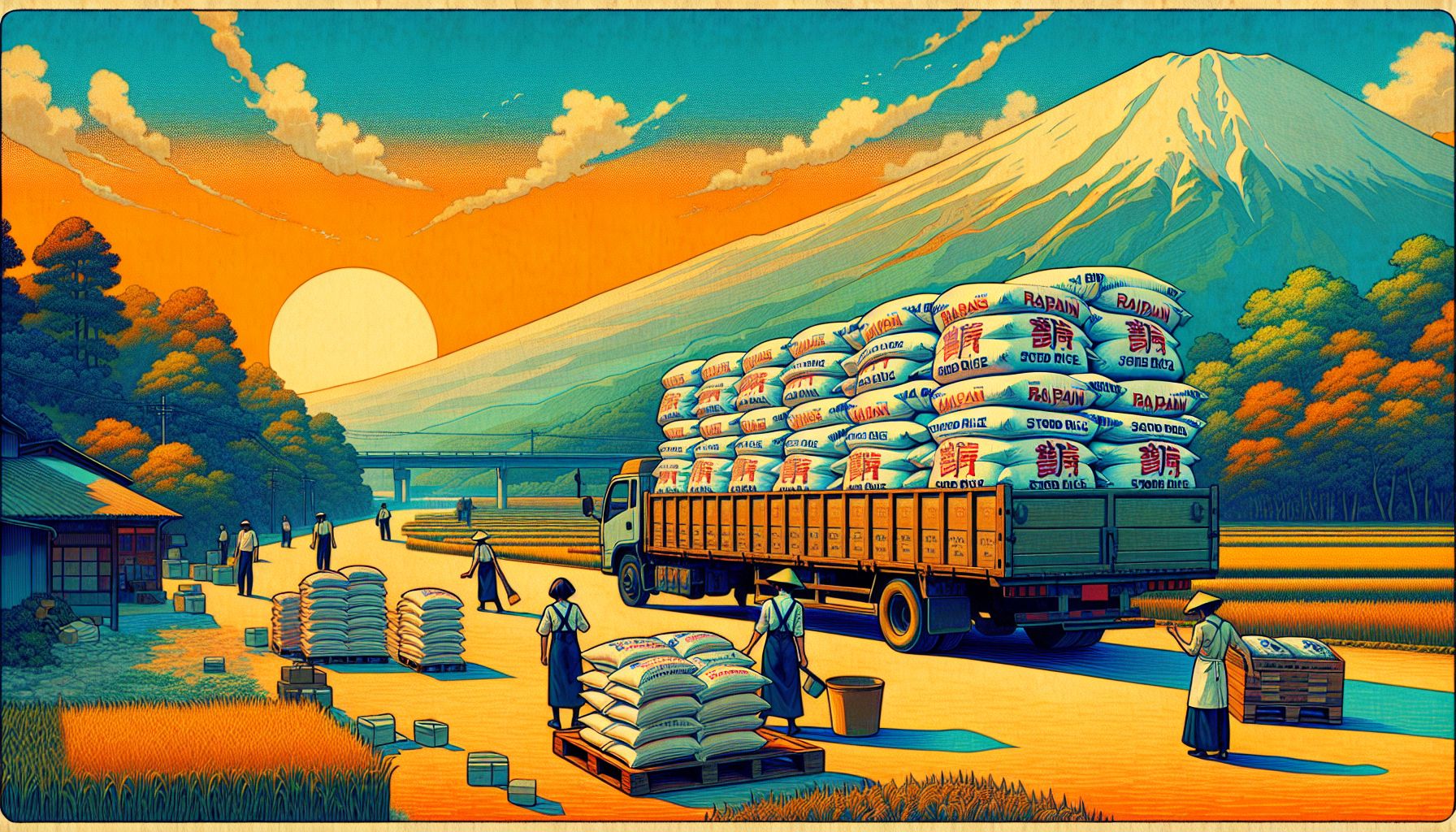Japan Launches Nationwide Sale of Stored Rice to Retailers

Tokyo, Friday, 13 June 2025.
Japan’s Agriculture Minister announced the nationwide release of government stockpiled rice, expanding sales to all 47 prefectures to meet high local demand and stabilize markets.
Nationwide Rollout of Stockpiled Rice
On June 13, 2025, in a strategic gathering with major retail leaders, Japan’s Agriculture Minister Shinjiro Koizumi launched a comprehensive initiative to distribute government stockpiled rice throughout the country. This move, aimed at stabilizing domestic rice markets and addressing local demand, will see the rice made available across Japan’s 47 prefectures. The initiative solidifies the government’s commitment to food security while offering relief from the pressures of rising food costs [1][2].
Retail Giants Drive the Initiative
Seven-Eleven Japan, one of the leaders in the retail industry, has committed to processing the stockpiled rice into unwashed rice for sale. Initially, the rice will be available in 7,000 stores by the end of June, with plans to expand to all 21,000 locations by July. The company’s CEO, Tomihiro Akutsu, highlighted the logistical challenges due to the strain on rice milling facilities, but remained optimistic about meeting the July target. Similarly, FamilyMart plans to distribute the rice to its 16,000 branches by June 24, capitalizing on strong consumer interest [1].
Economic and Environmental Benefits
This distribution not only aims to stabilize rice prices but is also expected to have broader economic benefits by injecting competitively priced staple foods into the market. Minister Koizumi’s initiative comes as part of a broader strategy to manage agricultural resources effectively and sustainably, reducing waste and supporting local production chains. Environmental implications are significant, as processed rice requires less water and electricity, minimizing the environmental footprint compared to conventional distribution methods [2].
Challenges and Strategic Outlook
While the move is projected to benefit consumers by stabilizing prices, the retail and milling sectors face operational challenges. Labour shortages at grain processing sites were noticeably taxing for companies like Lawson, which is striving to process its contracted 500 tons of rice in time for the August deadline. Retailers are utilizing their extensive distribution networks, collectively over 50,000 stores nationwide, to optimize the rice’s dissemination from government depots to consumers [1]. The initiative is part of a larger economic agenda, with the Minister stressing the importance of maintaining food security amidst fluctuating global market conditions [3].